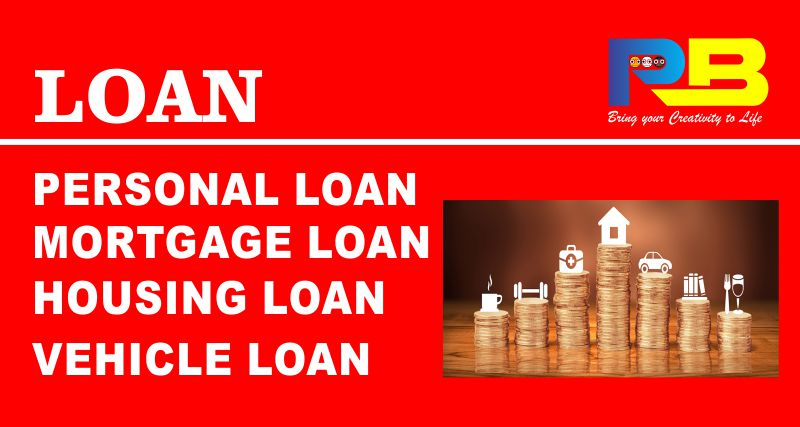
Types of Loans
- Personal Loans: Unsecured loans given to individuals based on their creditworthiness, used for various personal expenses.
- Mortgage Loans: Secured loans used to purchase property, with the property itself serving as collateral.
- Auto Loans: Secured loans used to purchase vehicles, with the vehicle serving as collateral.
- Student Loans: Loans designed to help students pay for post-secondary education and associated fees.
- Business Loans: Loans provided to businesses for various purposes, including startup costs, expansion, and operating expenses.
- Payday Loans: Short-term, high-interest loans typically used to cover immediate expenses until the borrower’s next paycheck.
Key Terms and Concepts
- Principal: The original amount of money borrowed.
- Interest Rate: The cost of borrowing the principal, usually expressed as an annual percentage of the loan.
- Term: The length of time over which the loan must be repaid.
- Collateral: An asset that the borrower offers to the lender to secure the loan. If the borrower defaults, the lender can seize the collateral.
- Credit Score: A numerical expression based on a level analysis of a person’s credit files, representing the creditworthiness of the person.
- Amortization: The process of spreading out a loan into a series of fixed payments over time.
Loan Process
- Application: The borrower submits an application to the lender detailing their financial situation.
- Approval: The lender assesses the borrower’s creditworthiness and decides whether to approve the loan.
- Agreement: The terms of the loan are agreed upon, including the interest rate, term, and repayment schedule.
- Disbursement: The lender provides the borrower with the loan amount.
- Repayment: The borrower makes regular payments over the term of the loan until the principal and interest are fully repaid.
Factors Affecting Loan Approval
- Credit Score: Higher scores generally lead to better loan terms.
- Income: Steady and sufficient income improves the likelihood of loan approval.
- Debt-to-Income Ratio: A lower ratio indicates better financial health.
- Collateral: Secured loans require collateral, which reduces the lender’s risk.
Risks and Considerations
- Default: Failing to repay the loan can lead to legal action, loss of collateral, and a negative impact on credit score.
- Interest Rates: High-interest rates can significantly increase the cost of borrowing.
- Loan Fees: Some loans come with fees for origination, processing, or early repayment.







